Examples of Transformation on the Ground, the Work of Paz y Esperanza in South America
An INFEMIT community conversation
As we prepare for our next Stott-Bediako Forum on Transformation Revisited: Mission and Gospel Imagination, we are holding conversations with members of the INFEMIT Community to explore some of the related themes. In this podcast, we talk with Nina Balmaceda about Shalom, exploring specific examples of transformation that are evidenced in the peace building and advocacy work of Paz y Esperanza in South America.
Listen to the conversation with Nina, or read the excerpt below.
Please note, this discussion includes some sensitive topics, so listener discretion is advised. Sensitive topics include: sexual assault, domestic violence, and genocide.
Click to listen or find the episode on your preferred podcast platform here.
Conversation Excerpt
Tori: Can you just start off by giving us a brief definition of the word “shalom,” and how does that compare with our usage of the term “peace?”
Nina: Thank you, Tori. I think this is the best way to start to make sure that we are talking about the same thing. Sometimes, I have noticed we may use the same words or the same phrases and still mean different things. So, I really welcome the opportunity to talk a little bit about shalom.
For me, the best definition of shalom is a peace that has a quality of being founded on justice.
And you may think, “And what’s the difference?” Right, we have peace and we have just peace – not “just peace” as in “only peace” but as peace that is inherently just. And the difference comes from the experiences around the world where, many times, power has been imposed on people to make peace, which, in the minds of most people, means the absence of war.
Of course, we don’t want war. We don’t want armed hostilities. We oppose violence. We are for nonviolent transformation. And yet, peace is not the absence of conflict. Actually, many times to cultivate just peace, which is shalom, we really need to expose the injustice and create or make people aware of the conflict.
So, when people get organized and march together to denounce racial discrimination, to denounce the contamination of water sources, to denounce the destruction of natural habitats they are exposing injustice, abuse of nature, abuse of communities, and they are creating conflict. And, sometimes, those in authority send their police heavily armed to disperse the protest, to disperse this expression of resistance. I would argue that that resistance – that courage to stand up for what we consider is right, what we feel is God’s calling in our lives to stand up against the irrational exploitation of the planet – is actually an expression of shalom. Which comes into contrast with imagining that everybody stays home and nobody protests, nobody complains of anything out of fear. That sometimes we call “peace,” but that is definitely not “shalom.”
The views and opinions expressed in these interviews are those of the interviewee and do not necessarily reflect an official position of INFEMIT. We seek to foster reflection through conversation, and we ask you to be respectful and constructive in your comments.
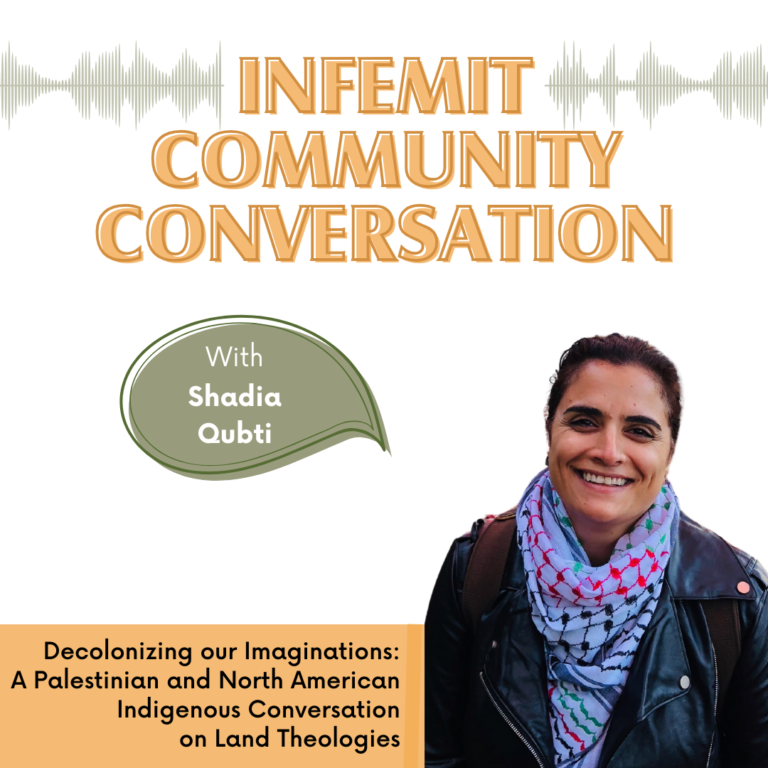
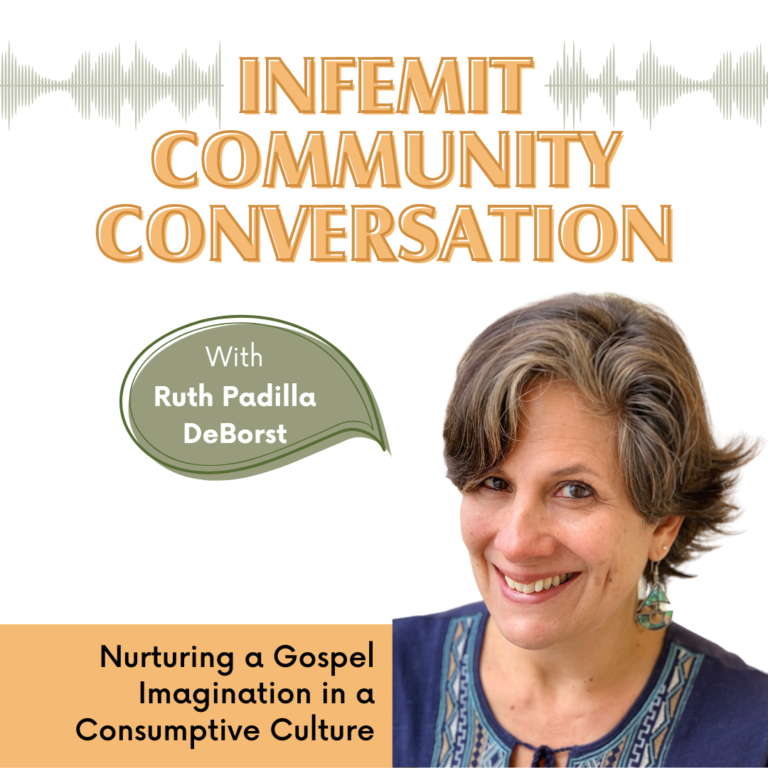
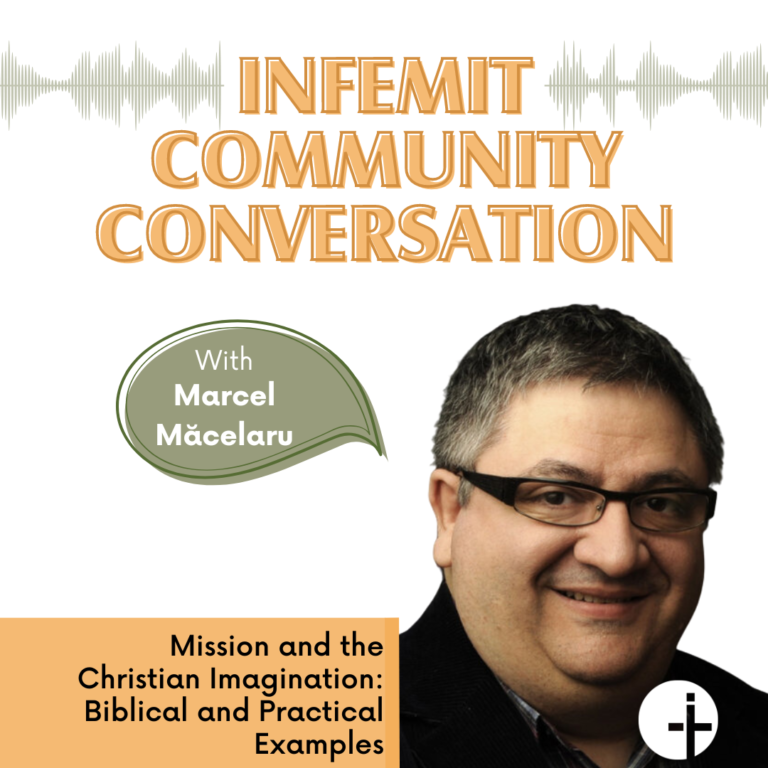
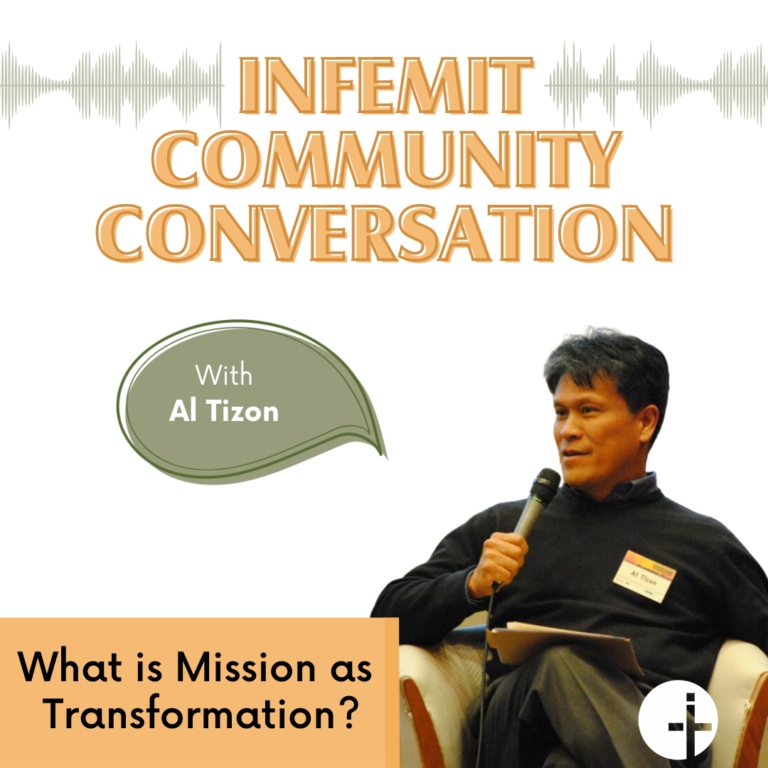
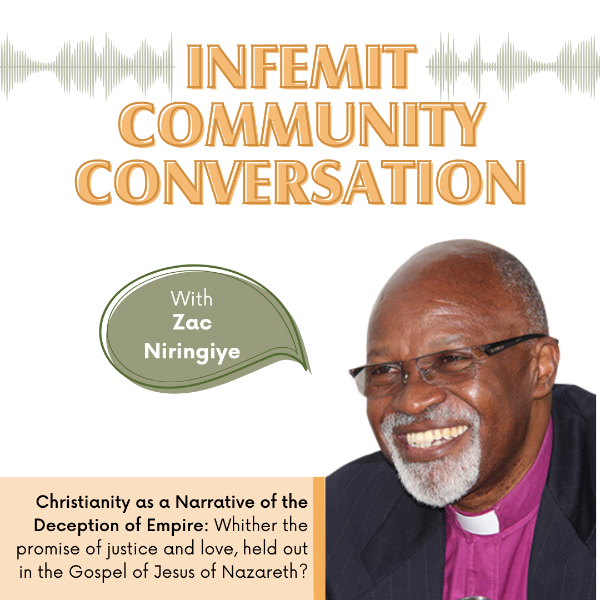
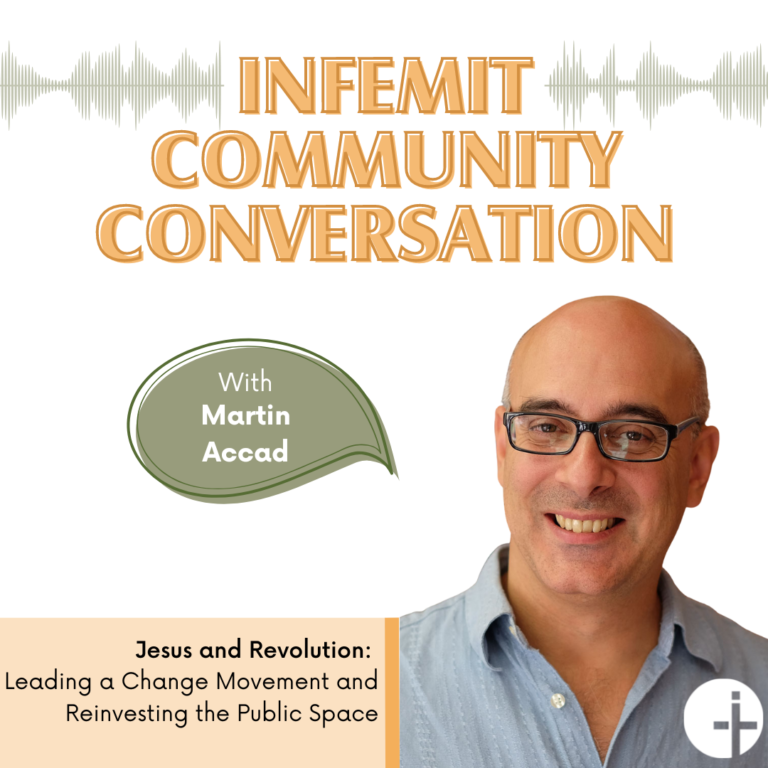
Leave a Reply